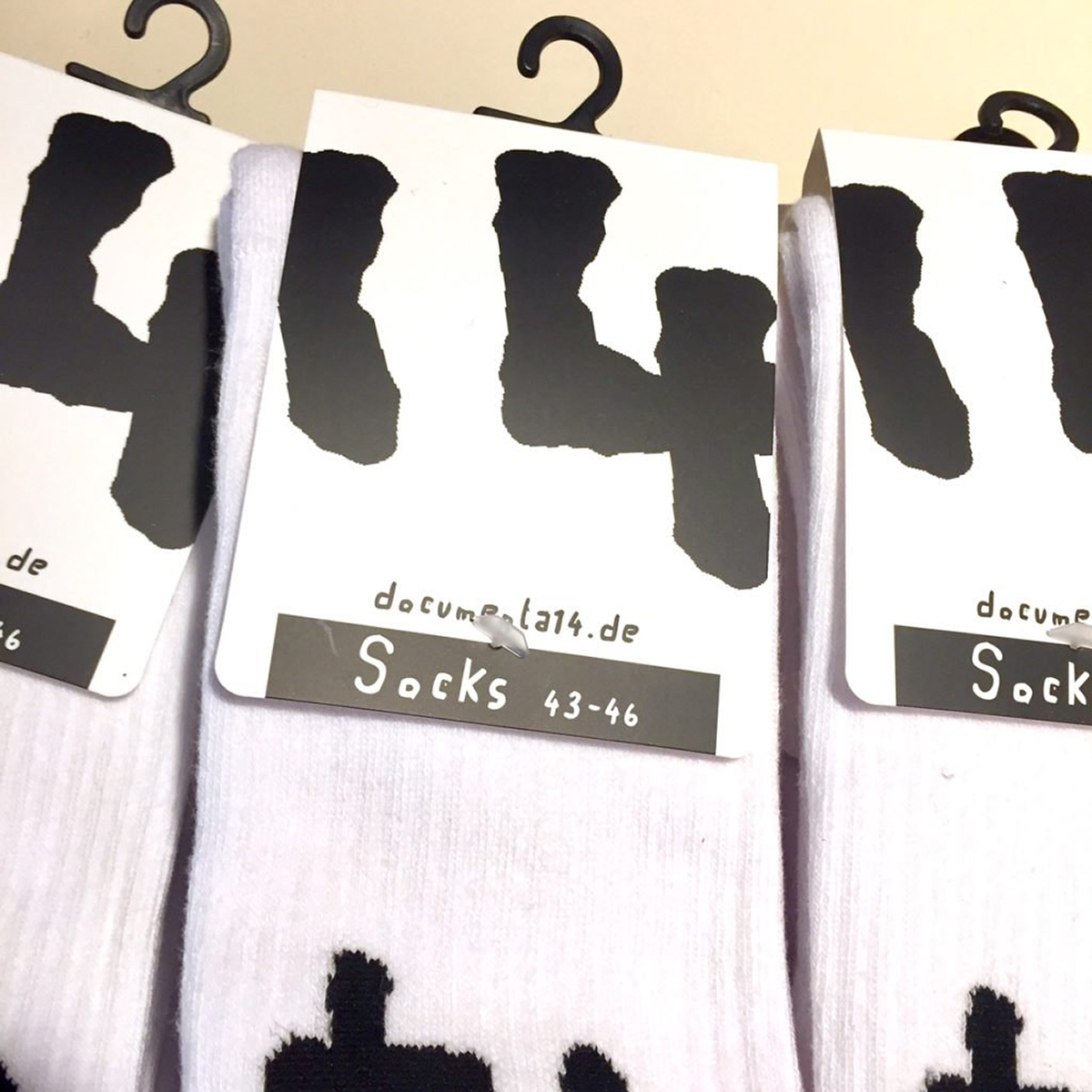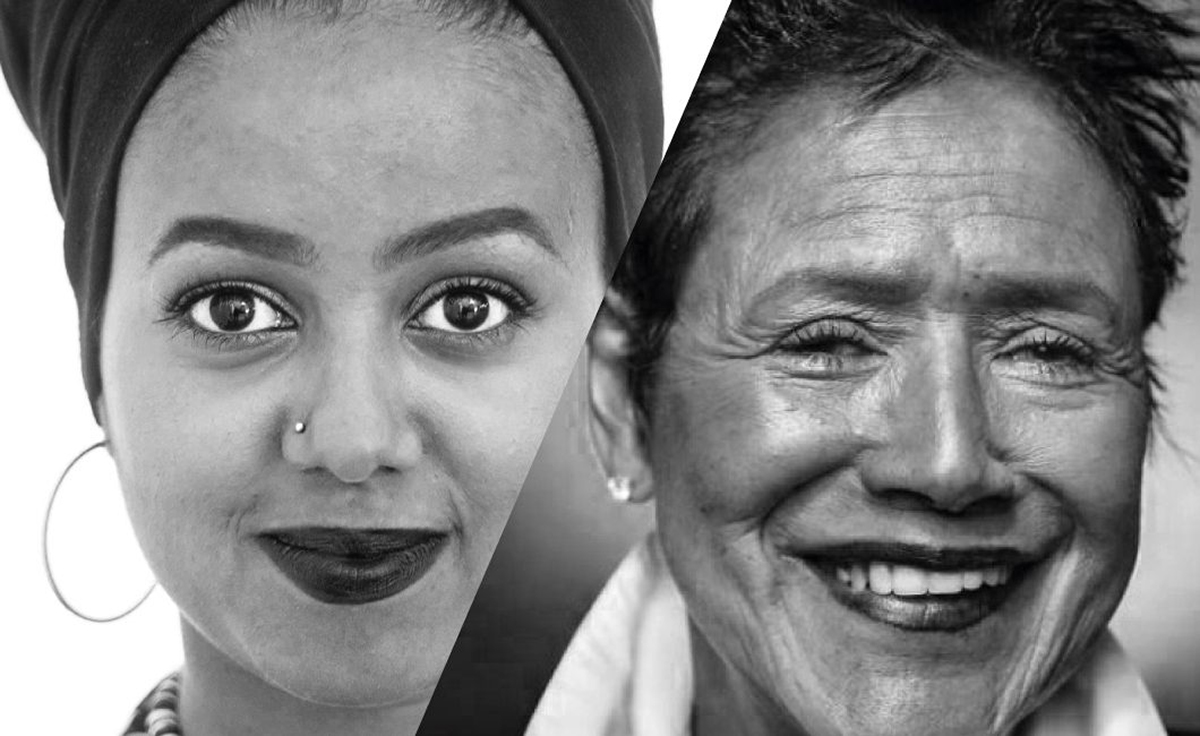
The Loop
Art and capital collide in a collection of recommended reads on US art gallery donors’ political contributions, curious reports about documenta 14 and conversations on race and women in Australia.
The Art Newspaper reports on a project by artist and academic Andrea Fraser that will reveal the connections between the powerful supporters of galleries and the conservative political class along with the contradiction between art benefaction and the government’s anti-NSA stance. It feels to Lauren like the Guerilla Girls stepping into 2017 to produce a phone book-sized tome of art-world accountability.
“Andrea Fraser is mapping the connections between major US museums and the political elite in an effort to expose institutions’ ties to the White House. Using information that is publicly available, she is documenting all political donations made in 2016 by museum patrons and trustees, many of whom contributed to Donald Trump’s election campaign. These gifts include the $1m donation to the Trump inauguration committee made by the financier Henry Kravis, whose wife serves as president of the Museum of Modern Art in New York.
“‘For me, the larger question about the relationship between museums, trustees and the political field has to do with plutocracy — the fact that the United States is now a plutocracy and that museums, in their origins, are a product of plutocracy,’ Fraser said in a talk at the Artists Space gallery in New York last month. The artist will present the results of her research in a publication that is planned to resemble a phone book.”
Another collision of art and capital, this time at one the globe’s most significant visual art festivals — and a great chance for festival organisers to make a buck from selling cool plastic art commodities. Artnet critic Ben Davis discovers that attendees of documenta 14 can stock up on all manner of top-qual merchandise from the front lines of contemporary art: fluffy socks, totes, belts, colouring-in table-mats and so much more at prices that can’t be beat:
“These socks are bound to start a conversation about capitalism! After opening its sprawling, confounding first section in Athens earlier this year, curator Adam Szymczyk’s documenta 14, dubbed ‘Learning From Athens,’ promises to continue a grand conversation on capitalism, colonialism, indigenous rights, environmental destruction, the nature of art itself and much, much more. The Kassel section of the big, quinquennial art fest won’t be fully open for its first official viewers until later today, so we can’t say how it delivers just yet. What is already available for review, however, is the shop located in the press centre — and after a thorough examination, we can say for sure that documenta 14 does not disappoint in the merch department.”
Another dispatch from documenta 14, this time from Susanne von Falkenhausen in Frieze, reflects on how art can legitimise itself in relation to today’s endless dystopian political turmoil:
“A recurring characteristic of large-scale exhibitions in recent years has been the artwork’s status as a metaphor for whatever the curators diagnose as the world’s condition: neoliberalism, failed states, war, hunger, injustice or ecological disaster. Catherine David’s 1997 documenta X was the first to broaden that exhibition’s horizon to encompass political discussion, showing works of the recent past as antecedents for politically engaged art. It was the last documenta, I think, to successfully balance discourse and art, politics with aesthetic specificity. Since then, this equilibrium has become unbalanced. The pressure on the art system to react to political crises has, in turn, obligated curators to define the task of art increasingly in political terms. So, what are the consequences of this?”

Former leader of the Black Panther party, Elaine Brown in conversation with Alia Gabres features in Jana Perkovic’s Audiostage podcast
Listen: Longtime RealTime contributor Jana Perkovic’s podcast on performance has launched a new and vital series of conversations on race, migration, women and art in Australia:
“We have wanted to do this for a long time. We wanted to talk about race. We wanted to talk about Australia’s racism. We wanted to talk about dispossession, about family and intergenerational trauma, about micro-aggressions, about what it means to be an artist when your voice, the fact of your voice, is in and of itself a danger to the status quo. We also knew that we wanted to listen, not talk. So here we are. In the next five episodes we are listening in on some huge, important conversations about what it means to belong in a society that perhaps never wanted us in the first place. We record from a country in which so many of us are constantly reminded that we do not belong here.”






